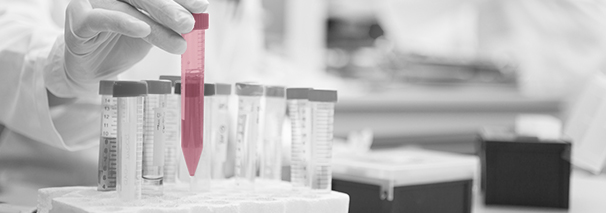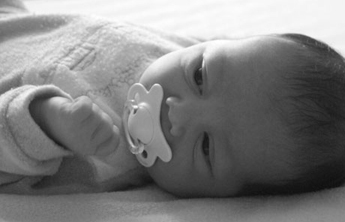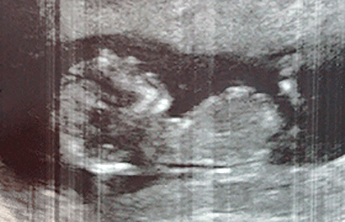
Thanks to male fertility studies we can find out the problem that prevents a couple from conceiving in a natural way (if there is one) and providing a solution. It is very important performing diagnostic tests to both partners of the couple; inability to conceive can also depend on the man.
Male fertility study is always personalized; the tests which are performed vary depending on the person, the concrete case and their needs and in this way better results are obtained.
Eva Clinics comprehensive male fertility study includes:
- Spermiogram (semen analysis): is the main diagnostic test to evaluate male fertility analyzing the sperm sample attitude in the laboratory to determine which technique should be used.
- How is it studied? First all sperm macroscopic aspects (aspect, viscosity, pH, volume, liquefaction time), and then microscopic aspects (sperm concentration per millimetre, sperm motility and morphology) are studied.
- It is also possible performing a sperm capacitation to define R.E.M (Recovery of mobile sperm). It consists in processing the semen sample to get better sperm motility which is the one used in different assisted reproduction techniques.
WHAT ARE THE SUGGESTIONS FROM THIS TEST?
With this data we can diagnose male factor according to the World Health Organization reference values.
| OMS (2010) Reference Values | |
| Volume | ≥ 1,5 ml |
| pH | ≥ 7.2 |
| Sperm Concentration | ≥ 15 M/ml |
| Progressive sperm motility | ≥ 32% |
| Sperm morphology | ≥ 4 % |
| Semen alteration (OMS 2010) | |
| Normozoospermia | Sperm concentration, motility and morphology are normal |
| Oligozoospermia | Low concentration of sperm |
| Astenozoopermia | Low sperm motility |
| Teratozoospermia | Sperm morphology is altereted |
| Azoospermia | Lack of sperm in the ejaculate |
Other tests performed in male fertility study
- Hemogram: complete blood count in which the three basic types of cells contained in blood are measured as percentages: erythrocytes (red cells), leukocytes (white cells) and platelets.
- Serology: a type of analysis used to detect the presence of antibodies in the blood as a result of the exhibition or previous presence of a pathogenic micro-organism. Serologies studies are: hepatitis B, hepatitis C, syphilis and HIV.






